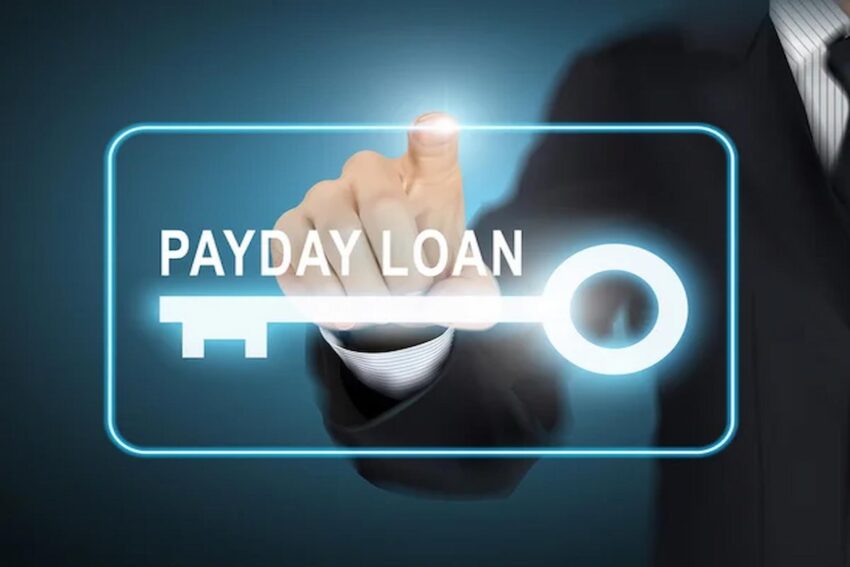Financial emergencies can strike when you least expect them in today’s fast-paced world. Whether it’s an unexpected medical bill, a car repair, or a sudden job loss, having access to fast cash solutions can provide much-needed relief. Among these options, payday loans have gained popularity. In this comprehensive guide, we’ll look closer at payday loans and other fast cash solutions, exploring how they work and what you need to know to make informed financial decisions.
Understanding Payday Loans
A payday advance is a short-term, small credit designed to supply fast access to cash. These credits are regularly repaid when the borrower receives another paycheck, where the “payday advance” begins. Here’s how they work:
Application Process: Applying for a payday loan is relatively simple. Borrowers provide their identification, proof of income, and a post-dated check or authorisation for electronic withdrawal.
Loan Approval: Lenders evaluate the borrower’s income and employment status to determine loan eligibility. Credit scores are generally not a significant factor in the approval process.
Repayment: Payday loans are short-term, typically due within two to four weeks. The borrower either reimburses the credit in full or pays the fund charge to extend the loan for another period.
High-Interest Rates: Payday advances often come with high annual percentage rates (APRs) due to their short-term nature. These rates can make borrowing costs significantly higher than traditional loans.
Other Fast Cash Solutions
While payday loans are one option, there are alternative fast cash solutions to consider:
Personal Loans: Personal loans from banks, credit unions, or online lenders offer larger loan amounts and longer repayment terms than payday loans. Interest rates are generally lower, making them a more affordable option for those with good credit.
Credit Card Cash Advances: If you have a credit card, you can use it to get a cash advance. However, cash advances typically come with high fees and interest rates.
Borrowing from Friends or Family: This option doesn’t involve interest rates or fees but can strain personal relationships if not handled carefully.
Emergency Savings: An emergency fund is ideal for handling unexpected expenses. It allows you to avoid the high costs associated with borrowing.
What to Consider Before Taking a Payday Loan
Before opting for a payday loan or any fast cash solution, consider these factors:
Cost: Payday loans can be expensive due to their high-interest rates. Calculate the total cost of the loan, including fees, before proceeding.
Repayment Plan: Ensure you have a solid plan for repaying the loan on time. Failing to do so can lead to additional fees and a cycle of debt.
Alternatives: Explore alternative options like personal loans or borrowing from friends and family to see if they might be more affordable.
Budgeting: Evaluate your budget to determine if there are areas where you can cut back to cover the expense without borrowing.
Conclusion
Quick cash solutions like payday credits can be a lifesaver in budgetary needs, but they come with significant costs. It is essential to understand how payday advances work, their high-interest rates, and the potential dangers of borrowing. Before choosing a payday credit, explore alternative choices and carefully consider your capacity to repay the credit on time.
Financial crises can be stressful, but making informed borrowing decisions can assist you in exploring these challenges without falling into a cycle of debt.
